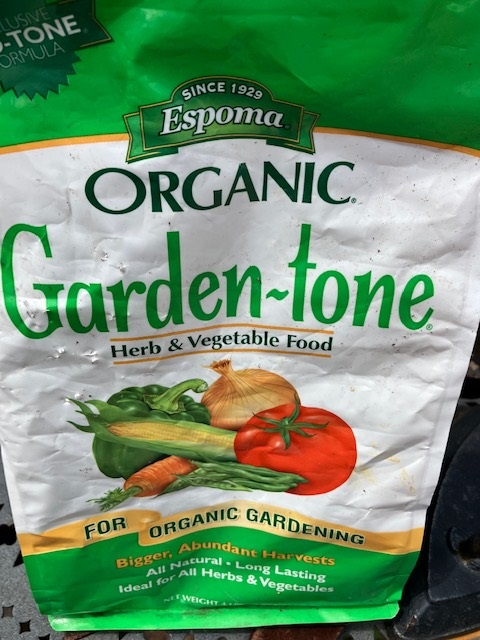
USING WEED CONTROL CHEMICALS WISELY
I have posted this information in the past, but as a Master Gardener Of Union County since 1995 and an active member of the Rahway Environmental Commission I know there are few things in gardening as important as the safe use of chemicals. Not only in your garden but around your home for yourself, your family and pets.
Take a ride around your neighborhood on a hot summers day and it won’t take long to see someone spraying weed control on their lawn wearing short pants and sandals. I have seen this happen while the children were playing just a few feet away.
Chemicals are so readily available and abundant in America, that we take them for granted. This is as true for the sellers as it is for us, the consumers. We are encouraged by the manufacturers to use their chemicals as often as possible.
Sadly, many people us these chemicals without taking the time to read the label. If they did read the label, they would know that these weed control chemicals become less effective as the temperatures get higher. The grass and weeds undergo stress and stop absorbing the chemicals. The toxins slowly evaporate creating a mist over your lawn where your children are playing. By the time the temperature reaches 90 you might as well throw your money away.
These chemicals work by attaching themselves to the weeds and then become absorbed into the cell tissues, working their way into the plant and finally the root system. When you apply them in short pants you are exposing your leg’s cell tissue to the same chemicals.
Removing weeds from your garden beds has multiple benefits. Weeds compete with garden plants and vegetables for space, nutrients, sunlight and water.
Worst of all for many gardeners, weeds make your beds look messy and untended. Basically, weeds are plants growing where you don’t want them. This can apply to wildflowers, shrubs and even trees, such as the Norway Maple.
Whenever possible use safer weed control practices such as hand weeding and mulching in the spring.
USE AND STORAGE OF GARDEN CHEMICALS
Read and follow the directions on the label.
Store all chemicals properly as directed on the label.
Don’t let liquids freeze or get too hot and don’t allow dried chemicals to get moist.
If you go to a store and their chemicals are sitting in the sun or are not properly stored, go to another store.
Always wear gloves when mixing any chemical.
Cover your nose and eyes, arms and legs, especially when spraying.
Even though your mix may be 100% organic don’t breathe it in. Most organics contain microorganisms you want in your soil, but not in your lungs.
“An ounce of prevention is worth a pound of cure”
KEEP YOUR ANNUALS BLOOMING- ‘DEAD- HEADING’
Annuals are plants that grow to maturity, flower, set seed, and die within one year. Once the flowers are pollinated most of the energy of the plant is focused on producing seeds which will ensure its survival the following year.
In order to “fool’ the plant into creating more flowers gardeners use the simple trick of pinching off the old flowers. This technique is known as ‘dead-heading’. It forces the plant to start over and produce even more flowers.
This proven practice works on all annuals from early spring pansies to summer blooming zinnia and marigolds. Some plants like pansies will even form two new flowers for every one pinched.
With many flowers you can simply remove the old bloom with your fingertips. With plants with thicker stems, it is wiser to use snips to prevent damaging the plants and new flowers.
The hardest part of this task is finding the time to do it. If it’s late in the season and your marigolds have more dead flowers than you want to deal with, take a chair and cup of tea to where they are and make the task more enjoyable. This will keep your marigolds blooming into early autumn.
Dead-heading is also beneficial to many other plants as well. Although most ‘perennials’ will only bloom for a few weeks during their season, removing the seeds encourages the plants to produce stronger roots systems. Since many perennials are best propagated by division (dividing the root system) this practice is very beneficial.
Summer flowering shrubs such as butterfly bushes or roses will also produce more flowers when dead-headed.
Safe & Happy Gardening,
James
